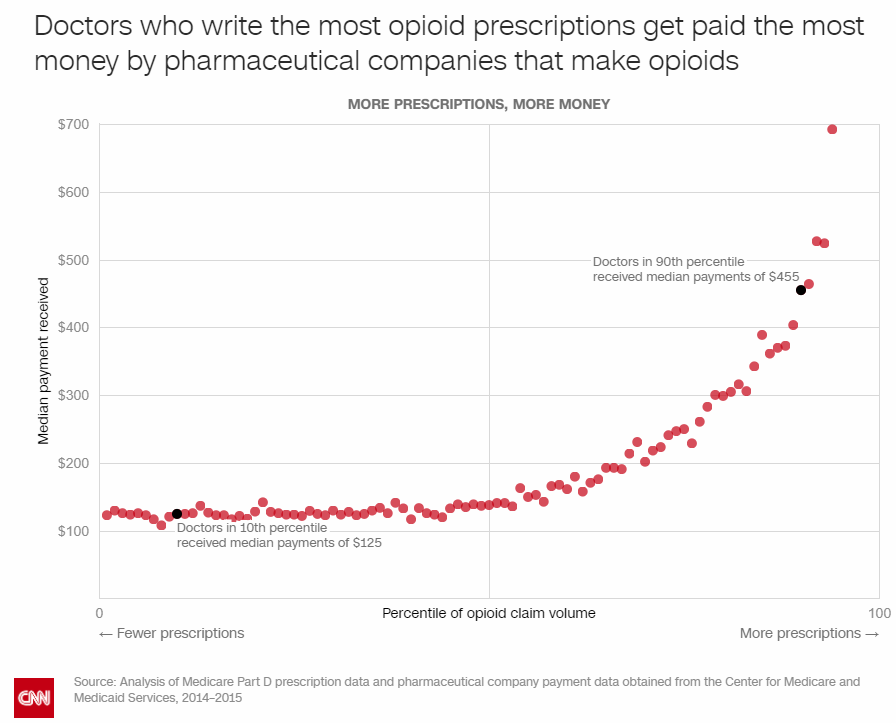December 2020
The Agency for Healthcare and Research Quality (AHRQ) is currently conducting a systematic review on plant-based treatment for chronic pain. Their goal: “identify alternative treatments (to opioids) with equal or better benefits for pain while avoiding potential unintended consequences.” Specifically, they will be reviewing the benefits and potential harms of cannabinoids and kratom. It just so happens that they need our help.
If this intrigues you, well you better get scientific and gather your concurrent control group of participants. The key questions that they are looking to address are:
- In adults with chronic pain, what are the benefits of cannabinoids?
- In adults with chronic pain, what are the harms of cannabinoids?
- In adults with chronic pain, what are the benefits of kratom or other plant-based substances for treatment of chronic pain?
- In adults with chronic pain, what are the harms of kratom or other plant-based substances for treatment of chronic pain?
The submission deadline for your supplemental evidence and data is due on or before January 4, 2021. You can submit your research here.
With so little scientific research in this area, the AHRQ is providing a perfect opportunity for kratom and cannabinoids to come out as big winners here. People deserve the right to be able to choose alternative pain medication, and sufficient evidence from experiments like these can go a long way in turning that into a reality.
The AHRQ realizes this too. They start their systematic review by stating, “prescription of opioid medication for chronic pain more than tripled from 1999 to 2015.” Couple that with the fact that “two out of three overdose deaths in 2018 involved an opioid (per the CDC)” and one third of those deaths involved actual prescription opioids, you begin to realize that something here is not quite right.
Sadly, many physicians profit off this epidemic. The Harvard T.H. Chan School of Public Health, Harvard Medical School and CNN conducted a joint report back in 2018 that found that “more than 200,000 doctors who wrote opioid prescriptions received payments from pharmaceutical companies that make opioids” in the years of 2014 and 2015. Hundreds of doctors were paid in six-figure sums while thousands were paid over $25,000.

It is encouraging, however, that such federal agencies like the AHRQ are giving kratom and cannabis a shot. Chronic pain is something experienced by 100 million people, and results in “over $560 billion annually in costs”, per the AHRQ. It is essential that people have the knowledge, research and resources available to them in order to make informed decisions on their health.
Disclaimer: There is no content on the Kratom Science Podcast nor on KratomScience.com that in any way constitutes medical claims or medical advice. You should consult a medical professional for medical advice and we believe this sincerely. Take care.

I can tell you that kratom most definitely works for me. I switched from tramadol to kratom in december of 2019 and haven’t looked back since. My story is up on this site, podcast episode 11 with an accompanying kratom story to match. I encourage all kratom advocates to read and comment on this, because I, for one, am sick of anti kratom articles that equate our plant to heroine and when drug busts or overdoses involve kratom it’s equated as the causative agent, meaning, it’s the one that killed when it wasn’t.